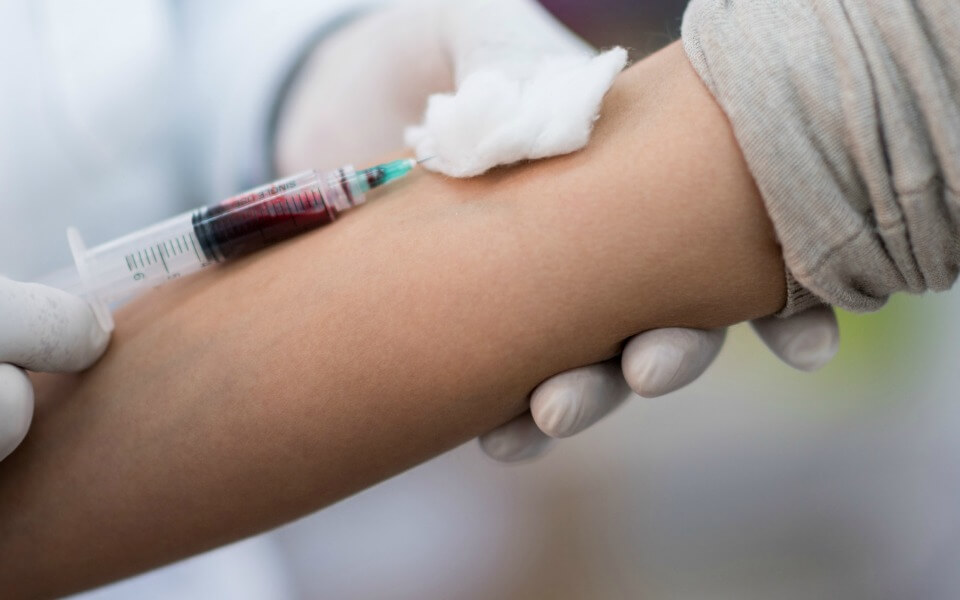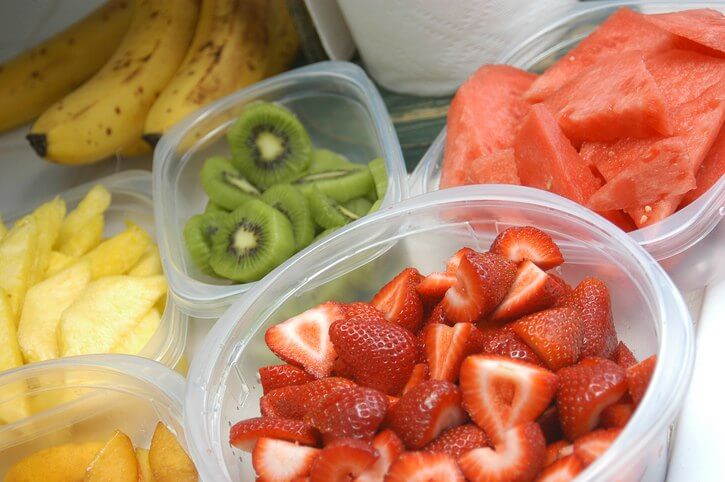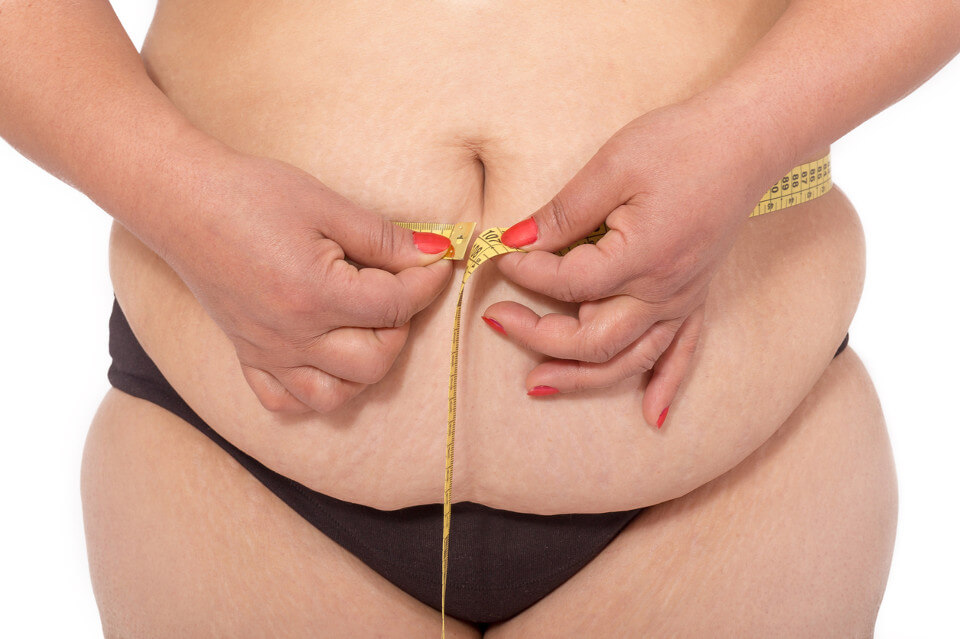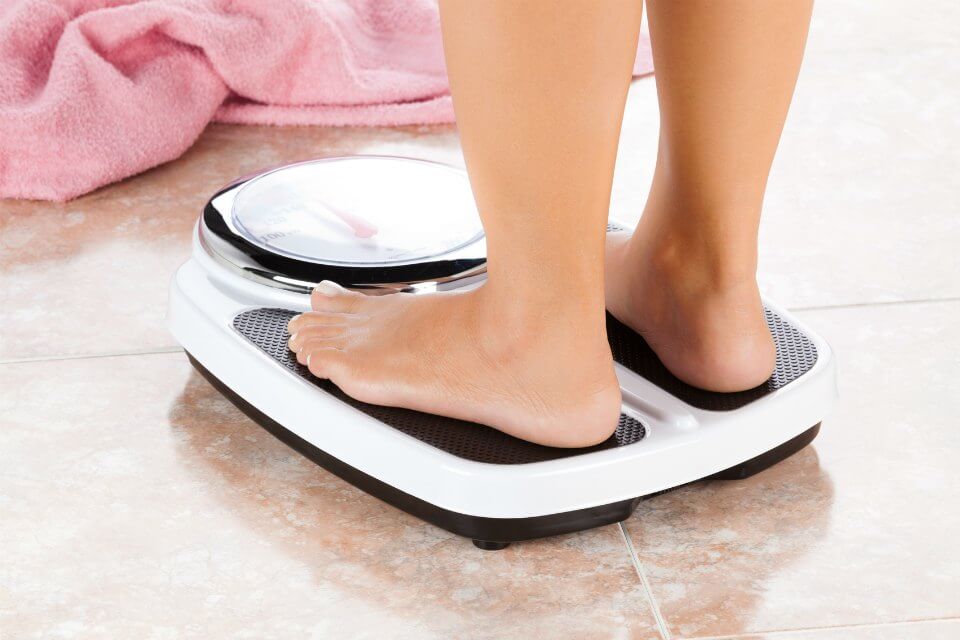Your JOB, BLOOD TYPE and TUPPERWARE could be affecting your chances of conceiving
For many couples, there’s no obvious reason as to why it’s taking so long for them to conceive.
If you are in the same boat then you find yourself feeling more frustrated as each month passes with yet more negative pregnancy test results.
So, why aren’t you falling pregnant? If you and your partner have no medical issues, are healthy and under 40, then medical experts say you should conceive within a year.
However, there are some surprising reasons why it’s taking so long to become pregnant.
10 reasons why it may be taking you a little while to conceive
1. Your blood type

Researchers at Yale University and the Albert Einstein College found that having bloody type O can affect your fertility, while those with blood group A are found to be more fertile.
“Patients with blood type O seeking infertility evaluation at these centres have a higher likelihood to be diagnosed with elevated FSH and hence manifest diminished ovarian reserve,” says Dr Edward Nejat, from the department of obstetrics and gynaecology at Albert Einstein College.
2. Your job

According to Professor Elizabeth Cashdan from the University of Utah, women in their 20s and 30s in high powered jobs are often over-working and putting their bodies under stress.
High stress levels can sometimes lead to hormonal changes, such as suppressed oestrogen, which is vital for conception.
What’s more, depending on the type of work you do, you may be exposed to undesirable toxins, such as jet fuel, pesticides or chemicals. Shift work is also said to have an effect on falling pregnant.
And there’s an increasing number of people sitting at their desks being less active, which can also have an effect on fertility.
3. Not enough sunshine

Researchers at University Hospital Ghent’s Centre for Reproductive Medicine analysed couples looking to start a family and suggested a sun holiday may help improve their chances.
They believe sunshine helps stimulate ovaries, as in the least sunny periods, live birth rates per cycle were around 14% but rose to 19% when the weather improved.
4. You’re using the wrong Tupperware

The plastic you use to bring your lunch into work could be having a detrimental effect on your reproductive organs, say experts.
Research suggests that women with twice as much BPA in their bloodstreams may have half as many viable eggs. Other studies that claim to show a link between BPA levels and polycystic ovary syndrome.
“Over the last few years there has been a great deal of interest among both health experts and the general public regarding the potential risks of plastics in daily life, particularly during pregnancy,” gynaecologist Dr Anne Henderson from Doctify, tells Metro.co.uk.
“The key focus has been around certain chemicals called phthalates such as BPA (bisphenol A), which are used during the manufacture of plastic products to make them more flexible and softer.
“The mechanism of entry to the body is not entirely clear, but it is thought that minute amounts of these chemicals can leach into fluids, for example, from bottles containing water and other fluids, and are thus ingested.”
5. You’re drinking too much tea and coffee

Multiple studies suggest that people who drink a lot of caffeine when they’re trying for a pregnancy are more likely to lose that pregnancy early on.
Although many medical professionals believe as long as you’re not consuming ridiculously high amounts of coffee or tea, your chances of falling pregnant should not be compromised. However, it’s still a good idea to limit your overall intake.
If you need an extra energy boost without the caffeine, then try our Super Greens.
6. You’ve just moved house

A study by researchers at the National Institutes of Health and the University of Oxford supports the widespread belief that stress may reduce a woman’s chance of becoming pregnant.
And one of the most stressful things you can do is move house!
So, if you are planning on moving, have just moved and are settling into your new home, chances are you’re having underlying feelings of stress, which could be affecting your fertility.
7. Your partner is using his laptop too often

A study by Fertility and Sterility found that men who rest their laptops on their lap may actually be comprising their chances of creating a baby, as the heat created from laptops can affect sperm and could cause DNA damage.
“Donor sperm samples, mostly normozoospermic, exposed ex vivo during 4 hours to a wireless internet-connected laptop showed a significant decrease in progressive sperm motility and an increase in sperm DNA fragmentation,” read the study’s notes.
8. You’re eating too much processed meat

A new study led by Harvard T.H. Chan School of Public Health researchers found that men who consume a lot of processed meat or red meat may jeopardise their ability to fertilise an egg.
However, eating more poultry may improve his chances.
Researchers found a link between frequent processed meat consumption and lower fertilisation among men participating in an IVF procedure called intracytoplasmic sperm injection (ICSI) — which is commonly used when infertility is on the male side.
9. You’re timing it wrong

Knowing exactly when you ovulate isn’t always easy.
Many women believe they ovulate exactly 14 days after the first day of their period, but ovulation doesn’t always occur at the same time every month and period cycles vary.
The best way to know when you’re ovulating is to do an ovulation test.
10. You’re over weight

Women who struggle to conceive may not have anything wrong with their reproductive organs, or their partner’s. It could all come down to what they are putting in their body.
Many studies have delved into the link between fertility and diet, and one of the main culprits of infertility is weight.
Women who suffer from polycystic ovary syndrome, often called PCOS, often have imbalances in their insulin levels, higher tester one levels and can be overweight.
Excess weight can disrupt the finely-tuned hormonal balance that regulates the menstrual cycle and stimulates ovulation.
Calculating your Body Mass Index

It may sound complicated, but Body Mass Index is simply the measure of fat in one’s body based on their weight and in relation to their height.
Your BMI is calculated by measuring your weight in kilograms and dividing it by your height in metres squared. For example, if you weigh 55kg* and your height is 1.6m, then your BMI is calculated by dividing 55 by (1.6)².
You might also want to consider taking folate supplements and have your iodine levels checked to ensure your thyroid is functioning correctly.
The health impact pregnancy can have on you and your body is significant. So, you need to make sure you go into it in as fit and healthy as possible.
One way to improve your health when trying to get pregnant is with The Healthy Mummy’s range of supplements, smoothies and snacks. These will help you build up a balanced nutritional profile that is ideal for fertility. And they taste delicious.
Lose weight and boost your fertility with The Healthy Mummy

For some lucky women, falling pregnant is relatively effortless.
However, for others, it can be a complicated process with many hurdles along the way including multiple failed attempts and medical procedures such as IVF.
We understand the emotional rollercoaster ride many women and their partners face when trying to conceive.
Even modest weight loss has been shown to significantly improve fertility rates. If you need help getting to your optimal weight for pregnancy, why not join our 28 Day Weight Loss Challenge here?
With simple and effective exercise and eating plans, it will give you the best chance of getting pregnant fast (and it’s both simple and fun).



